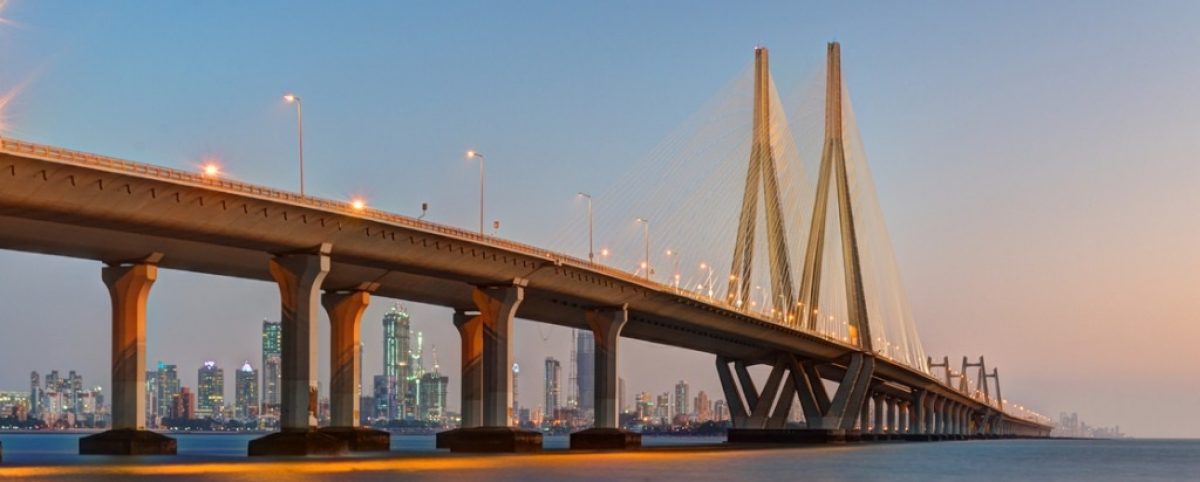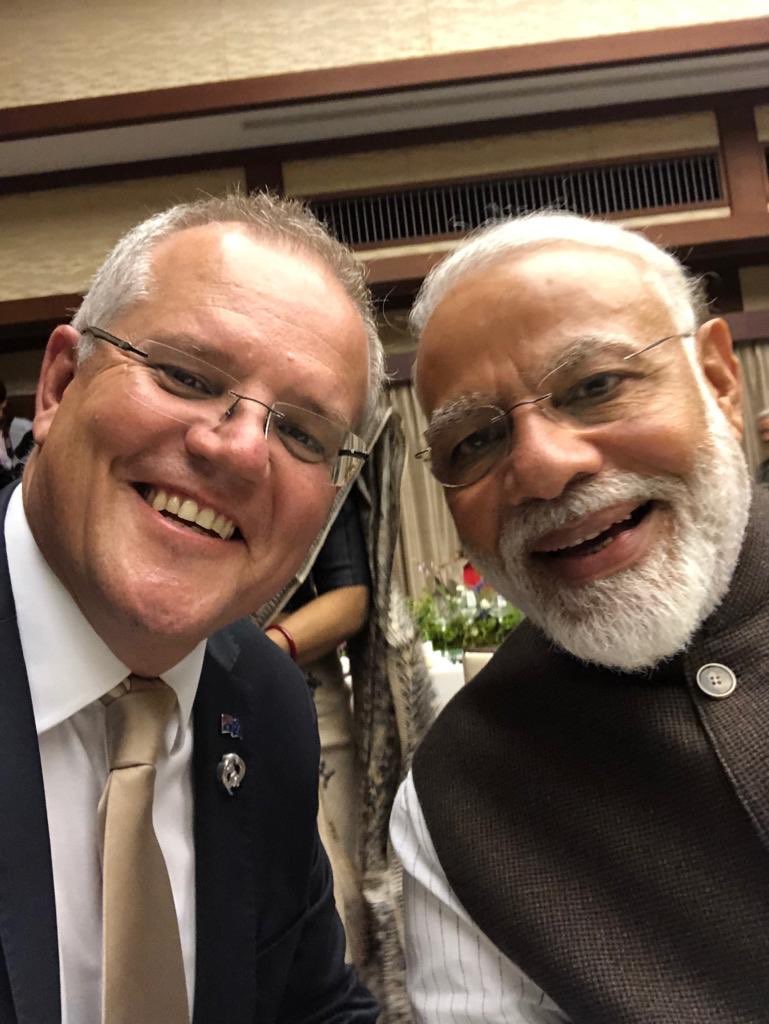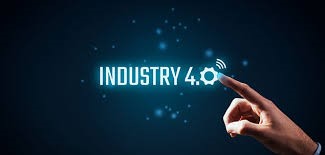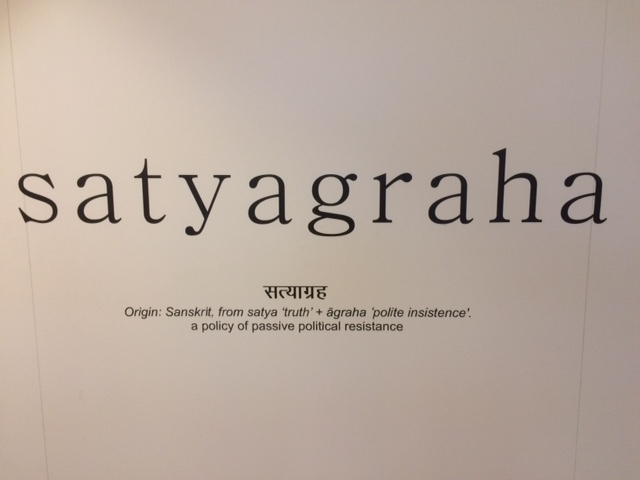Think things will “go back to normal” after Covid19? Think again – for the moment it is over, what is called Industrial Revolution 4.0 will power ahead and the changes will be dramatic.
An Oxford study estimates that 47% of the jobs in the US, 69% of the jobs in India and 77% of the jobs in China will not exist in 25 years – such is the pace of change under Industry 4.0.
But most employees, students and many universities will not be ready for the fast-changing world of “Industrial Revolution 4.0” which has begun and will be in full swing by the time most graduate.
What kind of world is Industry 4.0?
The Economist Intelligence Unit 2017 report showed younger generations face a significantly different world in their future working and personal lives. Developments such as machine learning and automation promise further disruption, particularly in the workplace, and many established jobs are likely to vanish as a result.
Whole employment sectors are likely to disappear, with others hopefully created. Students, workers and entire economies will compete across global borders for the best education, jobs and growth; all three will need to be nimble, flexible and dynamic, ready to recognise and respond to emerging trends swiftly.
Industry 4.0 will make huge advances in genomics, artificial intelligence, robotics, materials and manufacturing technologies – with convergence bringing massive rates of change.
The first three industrial revolutions were steam and water-power driving mechanisation in the late 1700’s, electricity from 1870 creating mass production and the electronics and IT revolution of the 1960’s onward. Each “revolution” was led by one change or one sector. Industrial 4.0 could not be more different with at least 10 major innovations converging to create across the board revolutionary change.
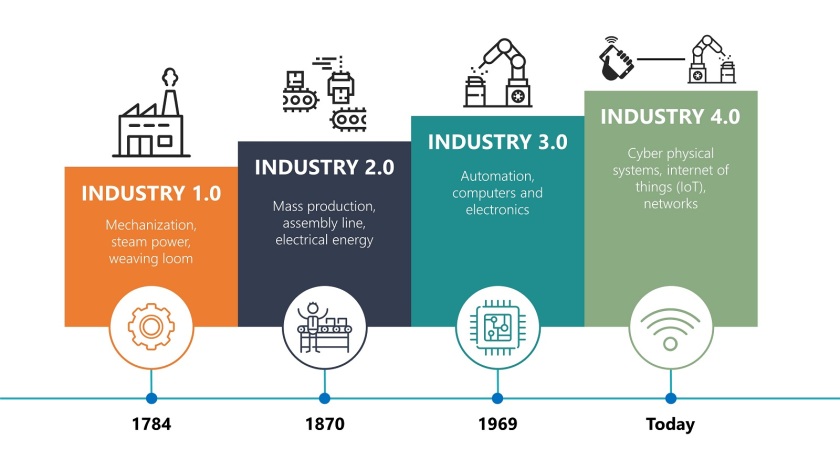
The megashifts of Industrial 4.0 include Digitisation, Mobilisation, Screenification, Disintermediation, Transformation, Intelligisation, Automation, Virtualisation, Anticipation and Robotisation.
The changing world of work
As with previous industrial revolutions, new technologies will create new jobs and simultaneously destroy many old ones. The rise of machines, from robots to smart software, threatens to impact not just low-skilled factory and construction workers, but everyone including managers, software engineers, stock traders and taxi drivers.
This is already happening – China’s factories are adding robots faster than they are hiring people. India’s information technology sector is already witnessing jobless growth and total employment may have peaked.
“Humanity will change more in the next 20 years than in the previous 300 years” – Gerd Leonhard “Technology vs Humanity” (Fast Future Publishing 2016).
Good news – India could shape Industrial 4.0
As the world’s largest democracy and the country with one of the highest number of scientists and engineers, India is a key political, social and economic player that could shape the course of the Fourth Industrial Revolution
It is exciting that the Geneva based World Economic Forum has created a Centre for the Fourth Industrial Revolution in India – NITI Aayog will coordinate the partnership on behalf of the government and the work of the centre among multiple ministries.
“The Fourth Industrial Revolution will change how we produce, how we consume, how we communicate and even how we live,” WEF Founder and Executive Chairman Klaus Schwab said.
The challenge for universities and students is to enter a world of constant change – where jobs you are being trained for might not be there any more, where you might have to create your own job, or become an entrepreneur while at university, or team up with friends to create an enterprise.
In my next blog – how to thrive in Industry 4.0
Stephen Manallack is the author of four books including “Soft Skills for a Flat World” (Tata McGraw-Hill India 2010). He led a Pilot Study on Improving the Employability of Indian Graduates in his home city of Melbourne, where he has also been President of the Australia India Business Council. A passionate advocate of closer relations with India, his blog is at IntoIndia.blog


